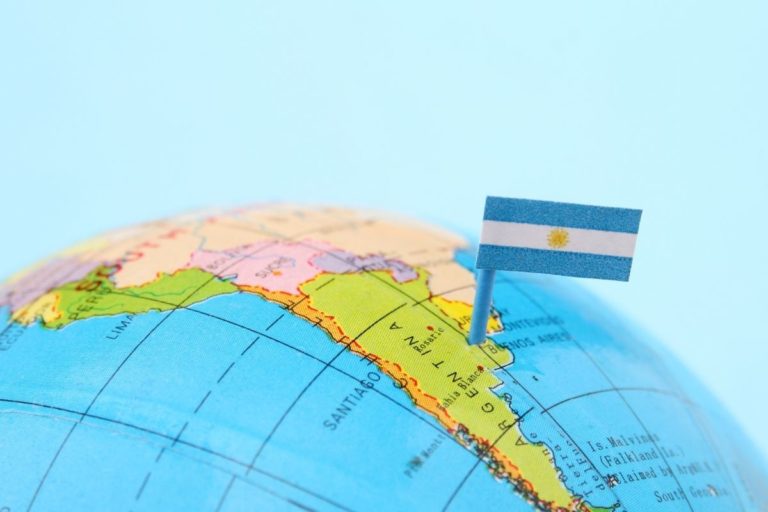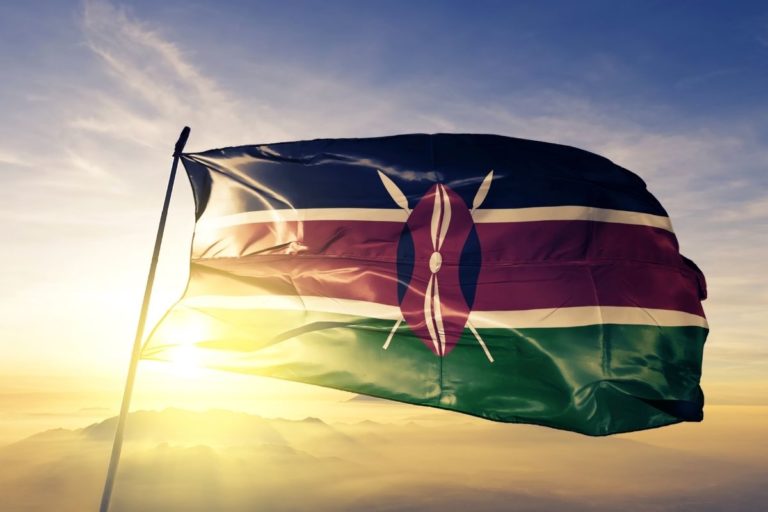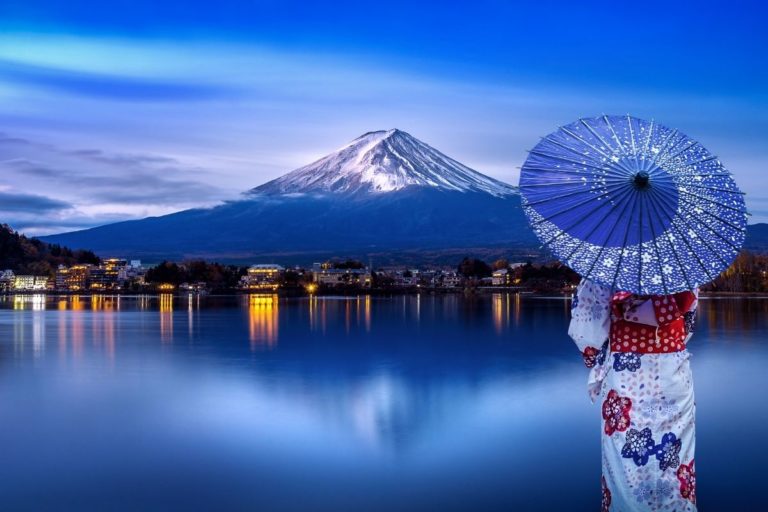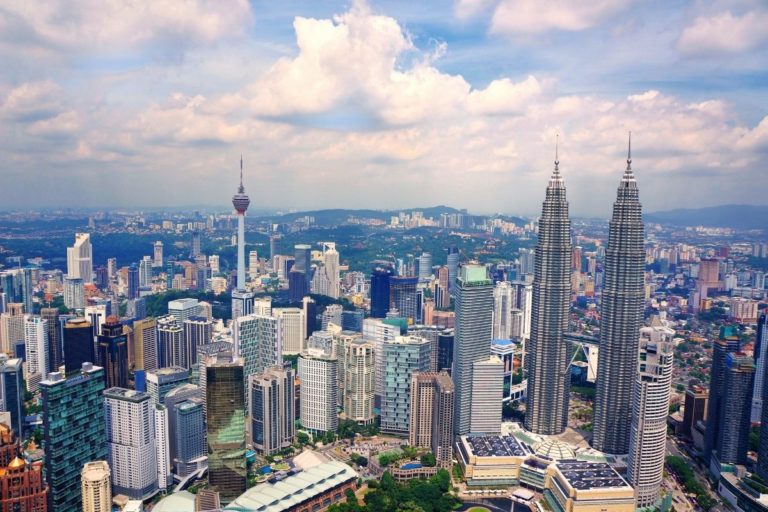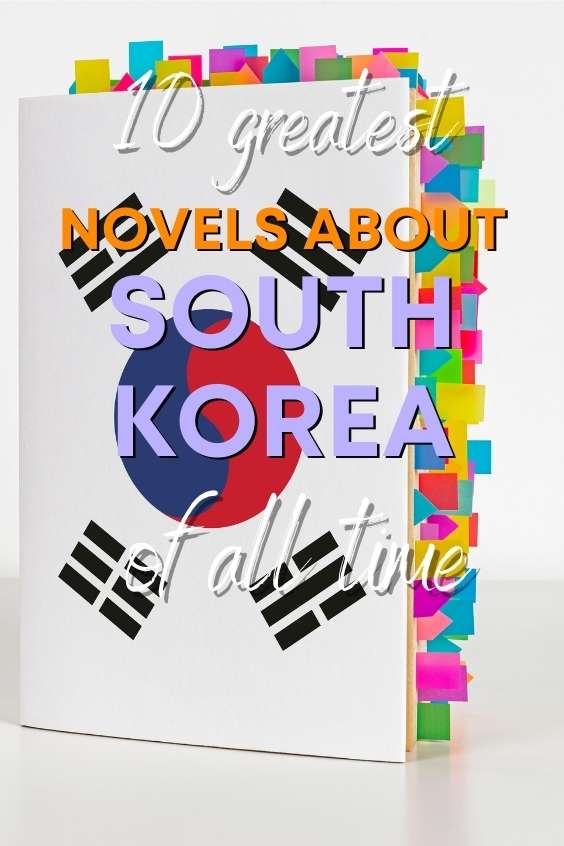
The best books about South Korea! Popular and traditional culture, K-drama, novels, romance bestsellers, historical fiction, classical literature, & daily life
It is undeniable that South Korean culture is spreading throughout the world.
Whether you are one of the newcomers or if you already love Korean cuisine, music, movies, and K-dramas, you should probably take the next step and delve even further.
Studying a country’s history or culture can be complicated or tedious if you don’t know where to start, so we propose an approach through art: specifically literature.
In this opportunity, we bring you ten books about South Korea that will change your perception of this beautiful country.
In this list you will find from fiction and non-fiction novels to manhwas (Korean comics) that include historical, cultural, autobiographical themes.
These books are like windows from where you can look at South Korean society in a beautiful and intimate way, and learn about its secrets, passions, joys and sorrows.
Let’s get into the best books about South Korea!
Disclosure: Some of our articles contain affiliate links (as an Amazon affiliate I earn from qualifying purchases).
10 Books about South Korea
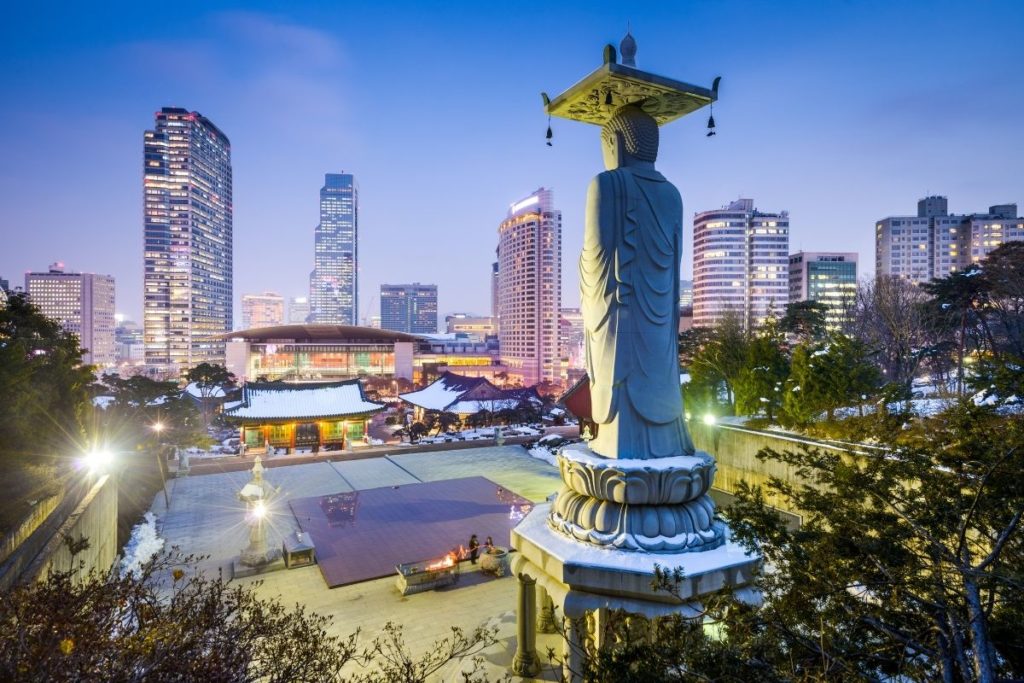
Kim Ji-young, Born 1982
by Cho Nam Joo, 2016
Prices pulled from the Amazon Product Advertising API on:
Product prices and availability are accurate as of the date/time indicated and are subject to change. Any price and availability information displayed on [relevant Amazon Site(s), as applicable] at the time of purchase will apply to the purchase of this product.
This short novel tells the story of a middle-class woman in present-day South Korea.
The author chose the name Kim Ji-young because it was the most common name among Koreans born in 1982.
We follow the protagonist as we witness the injustices Korean women must face in a society with serious problems of abuses, harassments and gender inequality.
The Vegetarian
by Han Kang, 2007
Prices pulled from the Amazon Product Advertising API on:
Product prices and availability are accurate as of the date/time indicated and are subject to change. Any price and availability information displayed on [relevant Amazon Site(s), as applicable] at the time of purchase will apply to the purchase of this product.
Subtle and disconcerting, loaded with symbolism and beauty, the novel can serve as an entrance to the literature of the Asian country.
When the protagonist of this story decides to become a vegetarian, her progressive isolation begins and her life changes forever.
Her eccentricity generates all kinds of reactions in a society that does not understand her and wants her to be like everyone else.
The Square
by Choi In-hun, 2014
Prices pulled from the Amazon Product Advertising API on:
Product prices and availability are accurate as of the date/time indicated and are subject to change. Any price and availability information displayed on [relevant Amazon Site(s), as applicable] at the time of purchase will apply to the purchase of this product.
The context of the story is the post-war period (after the Korean War 1950-1953), a traumatic event that divided the Koreans.
The protagonist is a philosophy student who feels disenchanted by everything and criticizes his country from a moral superiority.
He does not understand the capitalism that advances in South Korea hand in hand with the United States, so he travels to North Korea, where he sees that the ideals of communism have been betrayed by its rulers.
Familiar Things
by Hwang Sok-yong, 2016
Prices pulled from the Amazon Product Advertising API on:
Product prices and availability are accurate as of the date/time indicated and are subject to change. Any price and availability information displayed on [relevant Amazon Site(s), as applicable] at the time of purchase will apply to the purchase of this product.
Hwang Sok-yong reveals the other side of progress in the economic boom of the seventies in South Korea: the marginalized and excluded that live off the waste of the consumer society.
The author combines reality, fiction and fantasy in a novel that despite the harshness of the life it describes, it still manages to be an optimistic and hopeful story that highlights the beauty of living.
Human Acts
by Han Kang, 2014
Prices pulled from the Amazon Product Advertising API on:
Product prices and availability are accurate as of the date/time indicated and are subject to change. Any price and availability information displayed on [relevant Amazon Site(s), as applicable] at the time of purchase will apply to the purchase of this product.
In May 1980, in the city of Gwangju, the South Korean army put down a popular uprising, causing thousands of deaths.
Those terrible events are portrayed by the author as a faithful testimony of what happened in the Gwangju uprising: through the experiences of various characters, we will delve into their fears, nightmares and wounds, and the memory of the dead.
Solo Leveling
by Chugong, 2018
Prices pulled from the Amazon Product Advertising API on:
Product prices and availability are accurate as of the date/time indicated and are subject to change. Any price and availability information displayed on [relevant Amazon Site(s), as applicable] at the time of purchase will apply to the purchase of this product.
Manhwa (the equivalent of a Korean manga) is a fundamental part of South Korean culture.
This one in particular tells a story set in the Joseon Dynasty (1392-1897), so it can teach you many curiosities about the oldest Korean traditions and philosophies of life.
The protagonist is Kyonju, the illegitimate son of a modest nobleman and a concubine.
After meeting Hwang Chong-ha, a great acupuncturist and master of the sword, Kyonju will leave his home to travel the world and learn the arts of the sword.
The Color of Earth
by Kim Dong Hwa, 2009
Prices pulled from the Amazon Product Advertising API on:
Product prices and availability are accurate as of the date/time indicated and are subject to change. Any price and availability information displayed on [relevant Amazon Site(s), as applicable] at the time of purchase will apply to the purchase of this product.
Kim Dong Hwa is one of the most valued and loved manhwa writers in South Korea.
This is a story that deals with issues such as femininity, love and beauty through the life of Ehwa, a girl who grows up in a small town and who has a strong bond with her mother.
Please Look After Mom
by Shin Kyung-sook , 2008
Prices pulled from the Amazon Product Advertising API on:
Product prices and availability are accurate as of the date/time indicated and are subject to change. Any price and availability information displayed on [relevant Amazon Site(s), as applicable] at the time of purchase will apply to the purchase of this product.
In this book, Shin Kyung-sook shows the different mindsets of Koreans in many aspects of life.
It all begins when a woman disappears at Seoul Station and her relatives begin a search that reveals the importance that her mother had in their lives.
Pachinko
by Min Jin Lee, 2017
Prices pulled from the Amazon Product Advertising API on:
Product prices and availability are accurate as of the date/time indicated and are subject to change. Any price and availability information displayed on [relevant Amazon Site(s), as applicable] at the time of purchase will apply to the purchase of this product.
The story begins in the early 1900s with Sunja, a young daughter of fishermen living in a town in South Korea.
Betrayed by her lover, Sunja finds her salvation in a young Protestant pastor who proposes to her and takes her to Japan to start a new life with him.
Thus begins a family saga of people living and struggling far from their home.
The Birth of Korean Cool: How One Nation Is Conquering the World Through Pop Culture
by Euny Hong , 2014
Prices pulled from the Amazon Product Advertising API on:
Product prices and availability are accurate as of the date/time indicated and are subject to change. Any price and availability information displayed on [relevant Amazon Site(s), as applicable] at the time of purchase will apply to the purchase of this product.
More than fifty years ago, the standard of living in South Korea was not that different from that of its neighbors in the North.
Through many concerted efforts, South Korea has grown to become one of the world’s leading economies.
Euny Hong’s book breaks down this great change and how Korean culture took the world by storm.
The author brings a strong historical perspective, providing readers with a blend of political history and her own memories, which help contextualize what these changes meant to the people who lived through them and are living them today.











